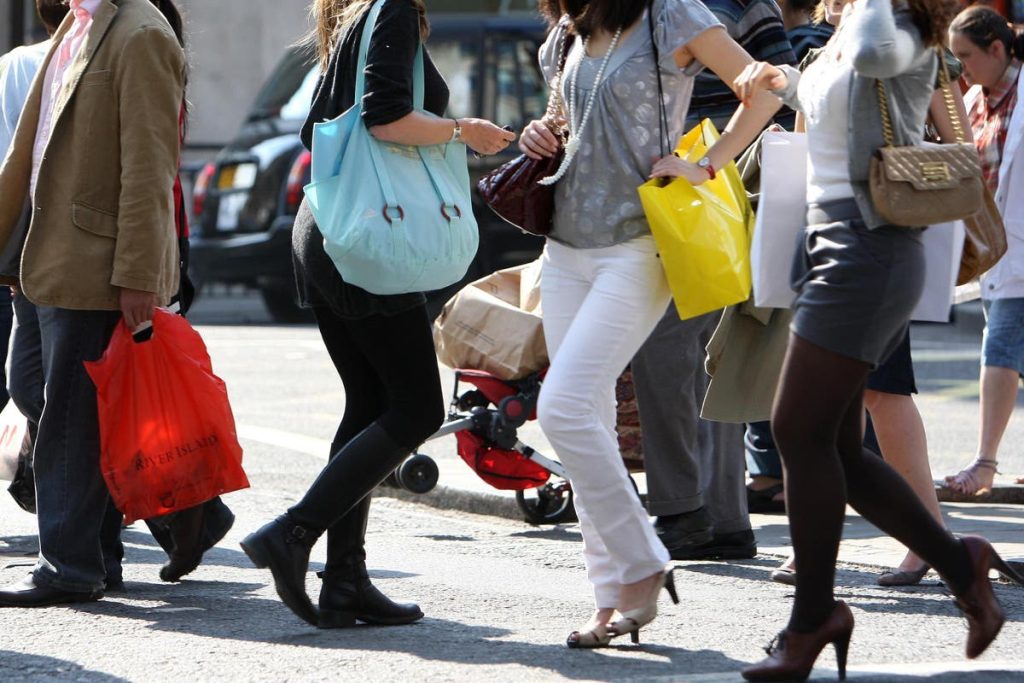UK inflation fell back by more than expected last month to the lowest level in more than two years as the growth in food prices eased for cash-strapped households, official figures have shown.
The Office for National Statistics (ONS) said that Consumer Prices Index inflation stood at 3.4 per cent in February – down from 4 per cent in January and the lowest level since September 2021.
Most economists had been expecting inflation at 3.5 per cent last month.
Inflation is now closer towards the Bank of England’s 2% target and comes ahead of the latest interest rate decision on Thursday.
Policymakers are widely expected to keep rates on hold at 5.25%, but the steep fall in the CPI is likely to reinforce expectations that the Bank is moving closer to cutting rates later this year.
Grant Fitzner, chief economist at the ONS, said: “Inflation eased in February to its lowest rate for nearly two-and-a-half years.
“Food prices were the main driver of the fall, with prices almost unchanged this year compared with a large rise last year, while restaurant and cafe price rises also slowed.
“These falls were only partially offset by price rises at the pump and a further increase in rental costs.”
Paula Bejarano Carbo, economist at the National Institute for Economic Research, said: “Annual CPI inflation was 3.4 per cent in February, falling from 4.0 per cent in January, driven by downward contributions from food and alcoholic beverages.
“This figure represents the lowest annual CPI inflation figure since September 2021 and possibly signals that the MPC can start to cut interest rates in the coming months – though we don’t expect any change at tomorrow’s meeting.”
Dr George Dibb, associate director for economic policy at IPPR, said: “Today’s news that inflation is falling is welcome, but it doesn’t mean prices are falling – just that they are rising less fast.
“The details of where prices are still rising the fastest also show we are entering a new phase of the inflationary period with food prices and restaurants making the largest downward contribution.
“The Bank of England’s high interest rates continue to cause pain in the economy. Indicators are heading in the right direction, with goods inflation, services inflation and ‘core’ inflation all falling this month, so we want to see interest rates come down.
“Alongside this, government must also make a shift away from the tax-cuts-at-all-costs strategy towards the much-needed prioritisation of investment into public services.”
This is breaking news story…more coming



